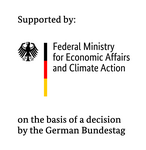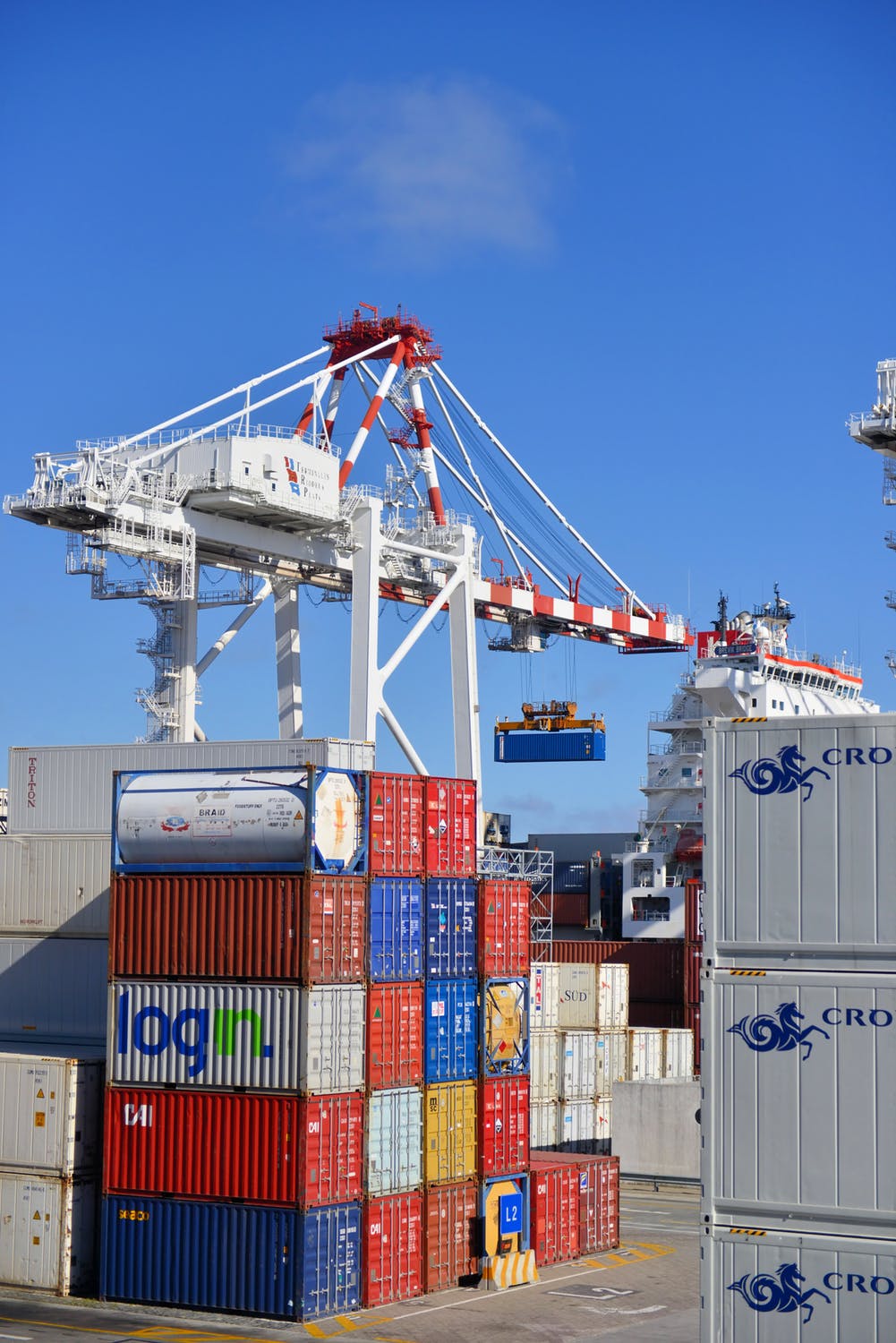SHARC
EnEff:Bremerhaven - Smart Concepts for Sustainable Energy in Ports
Seven partners from research and industry have come together in SHARC to develop innovative concepts for sustainable energy management in port areas. Among others, the integration of renewable energy sources into a port infra- and superstructure, energy-optimized logistics processes, and an active management of flexible energy consumers and producers will be considered. Based on an in-depth analysis of processes and infrastructure in the considered port area, several future scenarios will be simulated and their effects on energy consumption, costs, CO2 reductions, and environmental impacts will be evaluated.
| Duration: | 01.01.2019 till 30.09.2020 |
| Donee: | German Research Center for Artificial Intelligence GmbH |
| Sponsor: | Federal Ministry for Economic Affairs and Climate Action |
| Partner: |
Bremenports GmbH & Co. KG |
| Application Field: |
Electric Mobility
Logistics, Production and Consumer |
| Related Projects: |
FUSE
FUture Smart Energy
(08.2018-
12.2021)
|
Project details
As part of the "Energy Transition in Transport" research initiative, the project "EnEff: Bremerhaven - Smart Harbor Application Concept for the Integration of Renewable Energies" (SHARC) is investigating innovative energy concepts for port areas. The participating partners have come together to model the integration of renewable energy sources into port infra- and superstructure, as well as to model the logistical operating processes for different future scenarios for the port area "Überseehafen" in Bremerhaven, and to evaluate their effects on energy consumption, costs, CO2 reductions, and environmental impacts.
Objectives
The aim of the project is to develop an investment concept for the interaction of different actors in the harbor district by simulating future scenarios in preparation of a sustainable development with respect to energy and logistics.
The integration of renewable energy sources should be achieved by developing cooperations between different stakeholders in the port area, and by using synergies based on sector coupling (i.e. coupling the previously isolated sectors of electricity, heat, transport, industry, refrigeration, and in particular the use of renewable energy for mobility or transport services). In addition to operational processes, a holistic approach also considers aspects of the energy market and energy technology.
The project initially aims at the preparation of concrete, technically and organisationally innovative implementation measures to develop the port area "Überseehafen" in a focussed manner. The derived technical and organizational measures will be implemented, validated and possibly optimized in a demonstration phase which is planned to start after the termination of this project.


